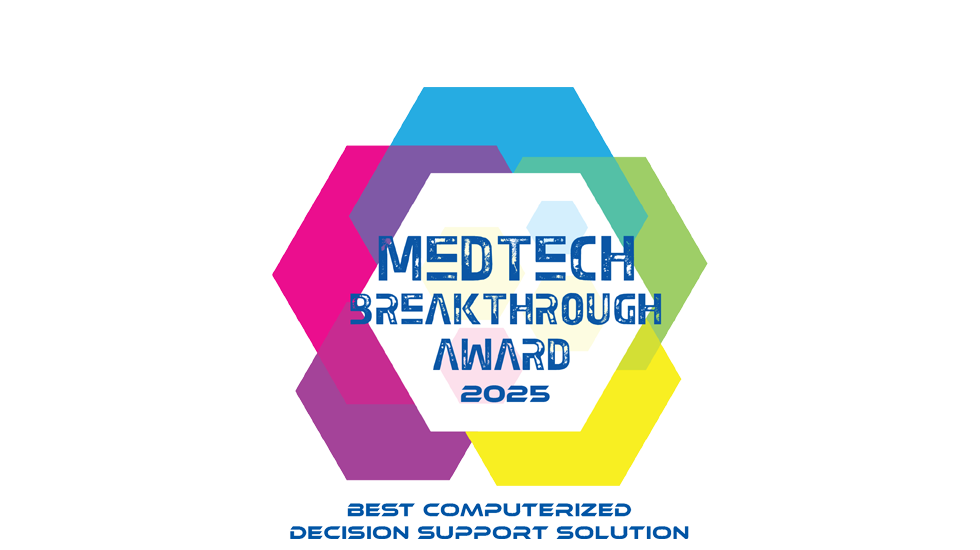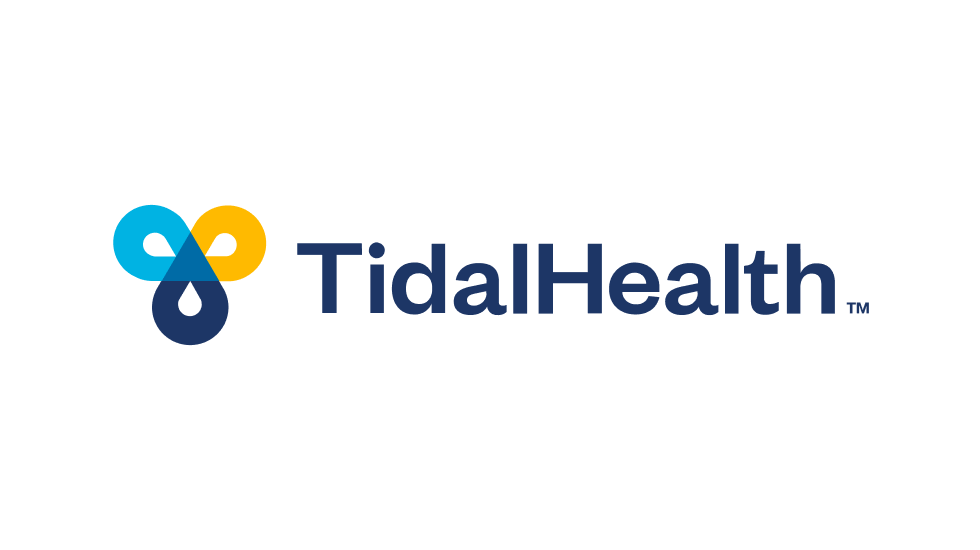The measures will also affect workers across all areas of the hospital, including dietitians, information technology, nurses, and physicians.
The Centers for Medicare and Medicaid Services (CMS) have issued new quality measures for inpatient glycemic management as part of a broader set of rules intended to increase access to treatment during the COVID-19 public health emergency and beyond.1
The new initiative requires health systems to track and publicly report rates of severe hyperglycemia, defined as the percentage of hospital days with 1 blood glucose reading greater than 300 mg/dL, excluding the first 24-hour period after admission, and severe hypoglycemia, defined as the percentage of patients having 1 blood glucose reading less than 40 mg/dl during their stay, within 24 hours of administration of insulin or other antihyperglycemic agents.
These measures will affect workers across all areas of the hospital, including dieticians, individuals who work in information technology, nurses, and physicians. Pharmacists are no exception, and these measures create an opportunity to leverage their experience with and knowledge of insulin and insulin safety to improve glycemic management efforts.
The new measures highlight 3 critical points pharmacists should keep in mind, including:
- Glycemic management is important. Although it has not always received the same attention as other conditions, such as congestive heart failure or sepsis, adequate glycemic control is crucial to patient care and improving patient outcomes. By releasing these 2 quality measures, the CMS is acknowledging the criticality of glycemic management.
- Minimizing severe hyperglycemia should be prioritized alongside severe hypoglycemia prevention. Many institutions first focus on hypoglycemia prevention as the window for recognizing, treating, and managing low blood sugar. However, the new CMS severe hyperglycemia measure highlights the need for institutions to also prioritize efforts around minimizing severe hyperglycemia, which is also associated with poor patient outcomes.2
- Pharmacists are uniquely positioned to be more involved with glycemic management and insulin dosing and safety. Pharmacists are drug experts, trained in the pharmacodynamics and pharmacokinetics of insulin, insulin types, and how they are used and managed. With these new measures, health systems must realize that pharmacists should be at the table as current and future inpatient glycemic management initiatives are discussed.
Pharmacy-Driven Benefits
The extent to which pharmacists are involved in insulin dosing varies with each institution. It can depend on resources, such as hospital size, number of pharmacists employed, or the institution’s care model and the pharmacist’s role in that care model. For example, a small hospital might have 1 or 2 pharmacists working in the central pharmacy who are disconnected from glycemic management and focus more on medication dispensing and other operational activities. In others, the care model is much more collaborative between pharmacists and providers. Texas Health Huguley Hospital, for instance, has a pharmacy-driven culture in which pharmacists drive most of the insulin dosing.3 This also extends to the intensive care unit setting and is a prime example of pharmacists practicing at the top of their licenses.
There will never be a 1-size-fits-all approach, though. The hospital is a continuously evolving ecosystem. But hospital leadership and pharmacists must embrace these measures and realize the impact severe hypoglycemia and hyperglycemia, inappropriate insulin ordering, and insulin dosing errors have on the quality of care. In fact, the Institute for Safe Medication Practices continues to release guidelines and articles that highlight the effect of adverse glycemic events.4
Identifying the Pain Points
Pharmacists can start improving care and preparing for the CMS measures by evaluating their organization’s care model to help identify pain points in the delivery of care. It is important to ask questions such as:
- Can the institution support a decentralized pharmacy practice model?
- How are pharmacists supporting insulin dosing?
- Where are the opportunities in existing workflows to enhance the pharmacist’s role in glycemic management?
- Where is it possible to invest more resources and time?
By asking these types of questions, teams can identify challenges and pilot new efforts to drive change.
Other areas to keep in mind include pharmacist training needs and ongoing assessment. This may look like a crash course in diabetes and insulin management for new hires and the addition of a short annual assessment on these areas.
Finally, if they are not doing it already, institutions can also focus on creating systems to track insulin errors and rates of hyper- and hypoglycemia. Insulin errors continue to be among the most common medication errors.5 Therefore, focusing on insulin errors, especially distinguishing between hyper- and hypoglycemia, could significantly improve the quality of that care.
CMS Measures Are an Opportunity
CMS’ new quality measures underscore the critical importance of glycemic management and the increased role pharmacists can play. Pharmacists can take a greater part in providing care, whether that means adopting a pharmacy-driven approach to insulin dosing or increasing the pharmacist’s role on the care team and in glycemic management. One way is not necessarily better than the other, as long as it corresponds to an institution’s focus and resources.
References
- Fiscal year (FY) 2022 Medicare hospital Inpatient Prospective Payment System (IPPS) and Long Term Care Hospital (LTCH) rates final rule (CMS-1752-F). CMS.gov. August 2, 2021. Accessed May 18, 2022. https://www.cms.gov/newsroom/fact-sheets/fiscal-year-fy-2022-medicare-hospital-inpatient-prospective-payment-system-ipps-and-long-term-care-0
- Glytec COVID-19 research demonstrates higher mortality rates in patients with hyperglycemia. Glytec. April 23, 2020. Accessed May 18, 2022. https://glytecsystems.com/resource/glytec-covid-19-research-demonstrates-higher-mortality-rates-in-patients-with-hyperglycemia/
- Messler J. Improving glycemic management in the ICU with a pharmacy-led initiative: critical insights from Texas Health Huguley Hospital. September 21, 2021. Accessed May 18, 2022. https://blog.glytecsystems.com/improving-glycemic-management-in-the-icu-with-a-pharmacy-led-initiative-critical-insights-from-texas-health-huguley-hospital
- Adverse glycemic events and critical emergencies. Institute for Safe Medication Practices. December 1, 2021. Accessed May 18, 2022. https://www.ismp.org/resources/adverse-glycemic-events-and-critical-emergencies
- Focus on high-alert medications. Patient Safety Authority. 2004. Accessed May 18, 2022. http://patientsafety.pa.gov/ADVISORIES/Pages/200409_06.aspx
This article originally appeared in Pharmacy Times.
MAR 0000473 Rev 1.0





